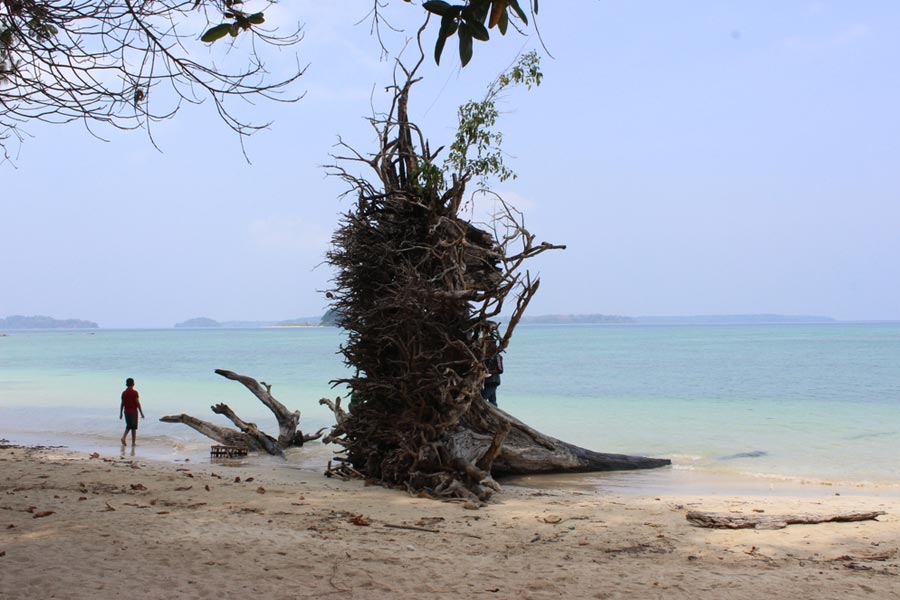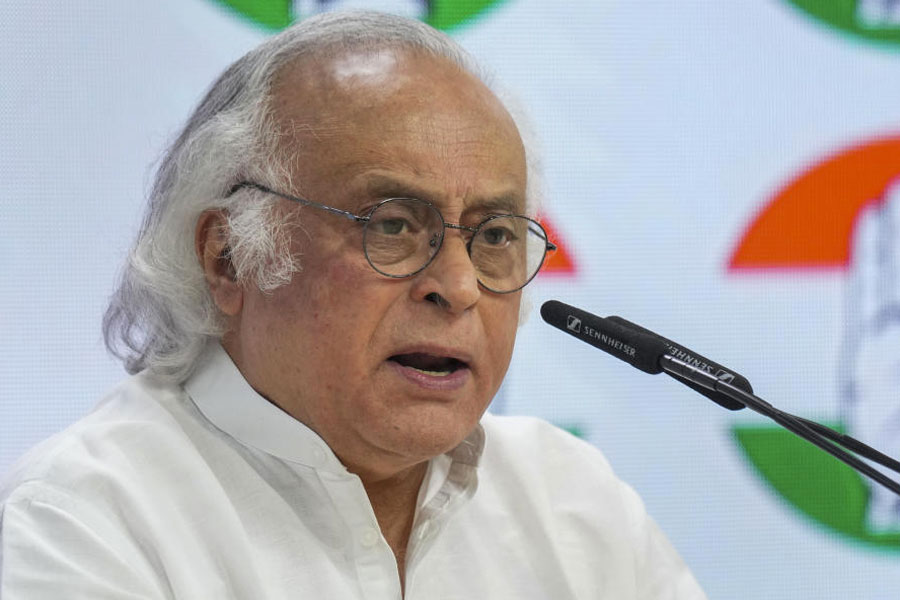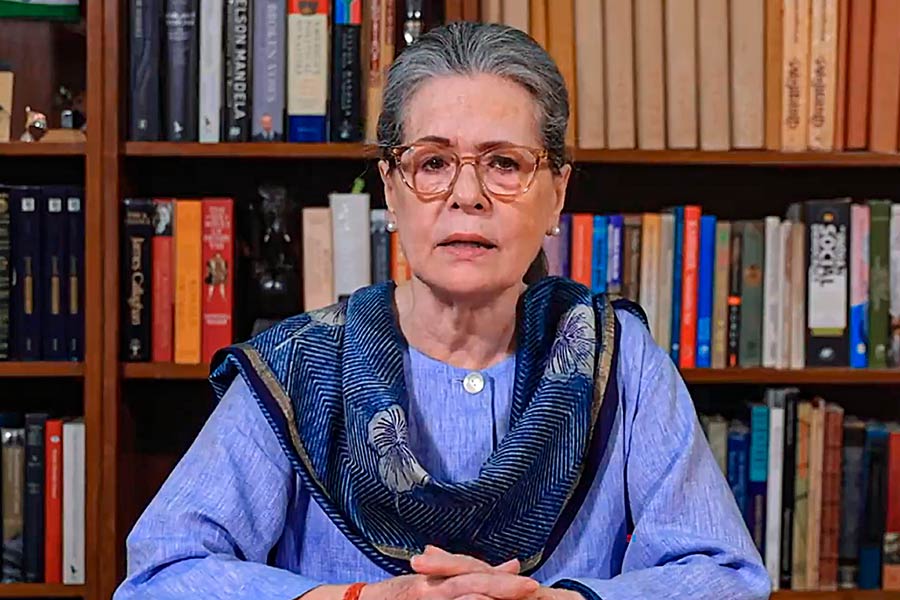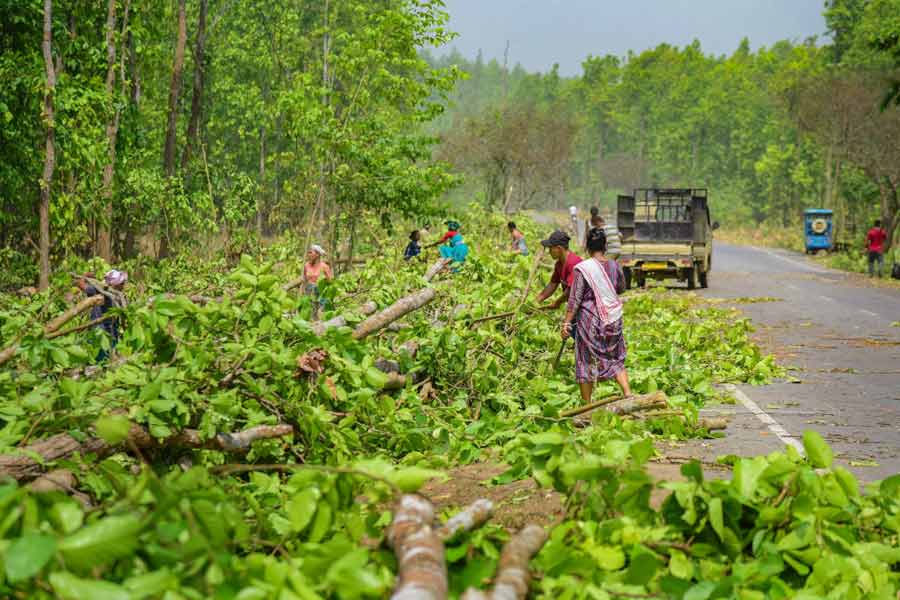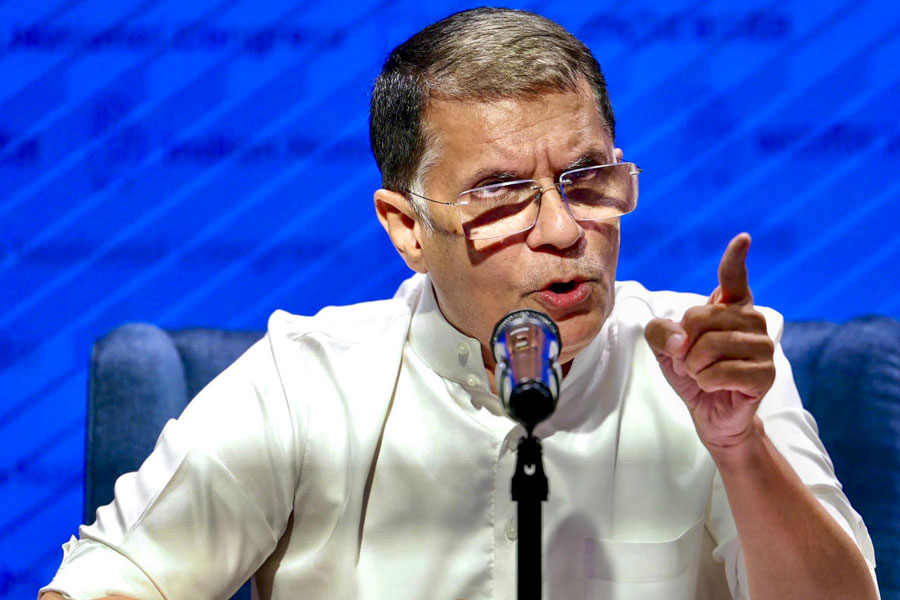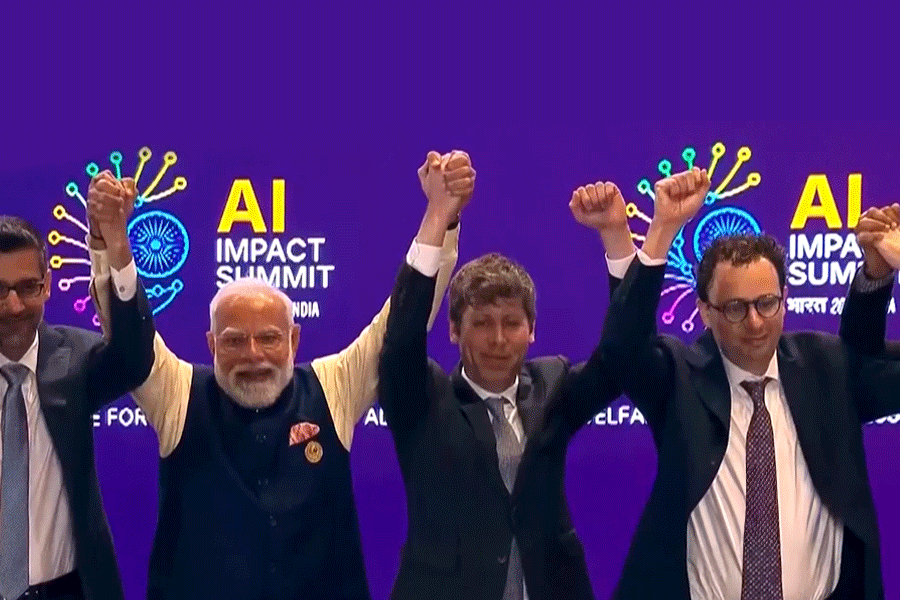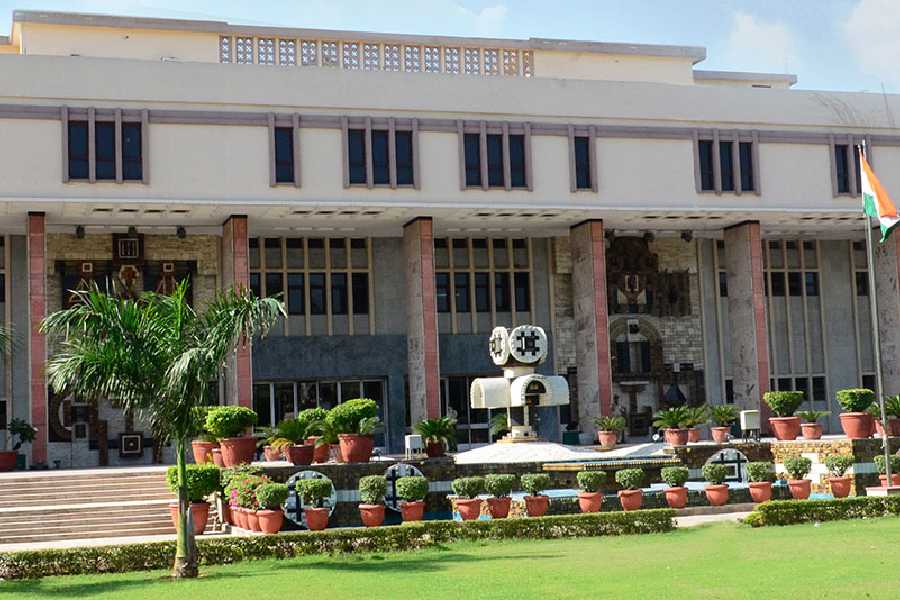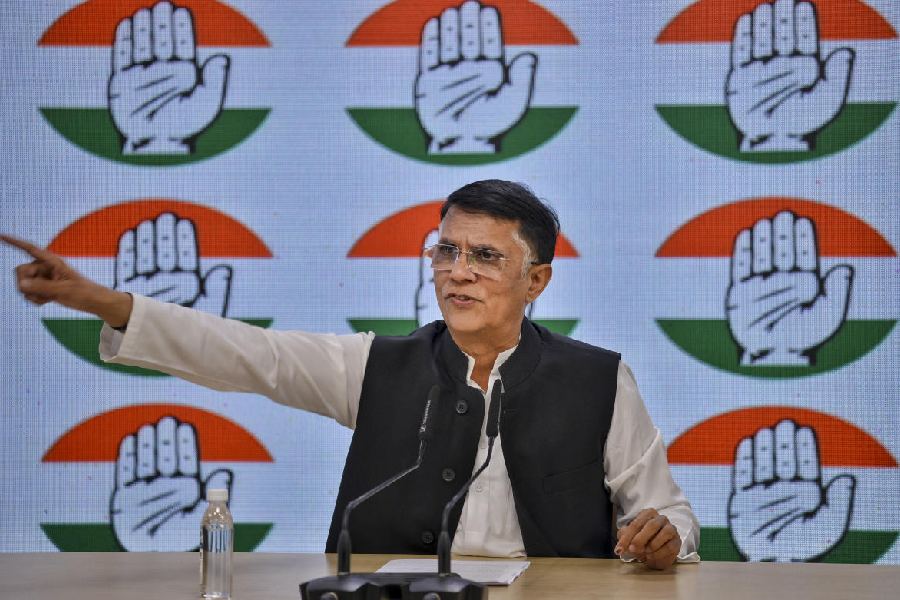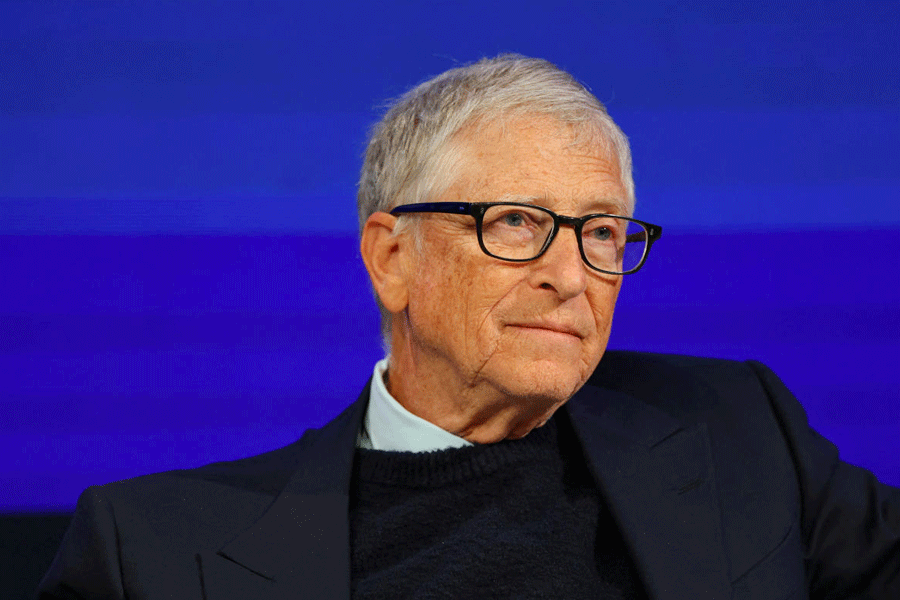Congress on Sunday accused the government of “bulldozing” the Great Nicobar infrastructure project despite pending legal challenges and branded it an “ecological disaster”.
The party’s general secretary and former environment minister Jairam Ramesh Ramesh has said the Andaman and Nicobar Islands Integrated Development Corporation has invited expressions of interest for “enumeration, felling, logging and transportation of trees and marking on the ground areas under the project.”
He pointed to the administration’s August 18, 2022 certification, which stated that all individual and community rights under the Forest Rights Act, 2006 had been settled and consent obtained for diverting land for the project.
“On December 18, 2024, this approval was challenged in the Calcutta High Court by Meena Gupta, a retired IAS officer who had been secretary in both the Union ministry of environment and forests and the Union ministry of tribal affairs,” Ramesh said in a post on X.
According to Ramesh, Gupta’s petition argued that the certification “did not follow the Forest Rights Act, 2006, in letter and spirit and, in fact, constituted a very serious breach of the law.”
On September 3, the leader of Opposition Rahul Gandhi wrote to tribal affairs minister Jual Oram, warning of violations of the Forest Rights Act. “It has been alleged that the No Objection Certificate (NOC) was obtained under duress with inadequate information, and the council subsequently withdrew it upon learning about the project’s details,” he said.
Ramesh further claimed that on February 19, 2025, the tribal affairs ministry filed an affidavit seeking removal from the list of respondents in the high court.
On September 8, 2025, the ministry sought a factual report from the Andaman and Nicobar administration on concerns raised by the Tribal Council of Little and Great Nicobar Islands about violations of the Act.
The ministry seems to be ambivalent even as the challenge in the Calcutta High Court awaits a detailed hearing, he said.
The environmental clearance to the Great Nicobar mega infrastructure project is also under challenge in the National Green Tribunal.
But this has not stopped the Andaman and Nicobar Islands Integrated Development Corporation from inviting expression of interest from "interested parties for enumeration, felling, logging and transportation of trees and from marking on the ground areas under the project, " said Ramesh. “The Modi government is bulldozing this ecological disaster of a project through.”
Ramesh said he has raised this issue previously in a series of letters to the environment ministry.
On September 12, PM Narendra Modi highlighted the project’s transformative potential for the Indian Ocean Region, calling it a crucial step in strengthening India’s connectivity and strategic presence.
On Friday, Modi shared an article on X written by environment minister Bhupender Yadav, and called the plan as one that would “transform the region into a major hub of maritime and air connectivity in the Indian Ocean Region.”
Calling it “a prime example of economy and ecology complementing each other”, the PM positioned the development as crucial for India’s defence and national interests.
In the article, Yadav detailed that the Great Nicobar Island Project is designed around four pillars: a state-of-the-art international container transshipment terminal with a capacity of 14.2 million TEU, a greenfield international airport, a 450 MVA gas and solar-based power plant, and a township spread across 16,610 hectares.
“The decision to develop Great Nicobar Island has been taken after due consideration of its ecological, social, and strategic aspects,” Yadav said.
He insisted that the project “poses no threat to the island’s tribal groups, does not come in the way of any species, and does not jeopardise the eco-sensitivity of the region.”
In an article in The Hindu on September 8, Congress Parliamentary Party chairperson Sonia Gandhi has called the project a “planned misadventure” that poses an “existential danger” to indigenous communities.
“Our commitment to future generations cannot permit this large-scale destruction of a most unique ecosystem. We must raise our voice against this travesty of justice and this betrayal of our national values,” she wrote.
She argued that the project would permanently displace Nicobarese tribes from their ancestral villages, already lost to the 2004 tsunami and devastate the Shompen, a particularly vulnerable tribal group.
Gandhi alleged that constitutional safeguards were bypassed and that the Tribal Council had been rushed into granting a no-objection letter, which it later revoked.

